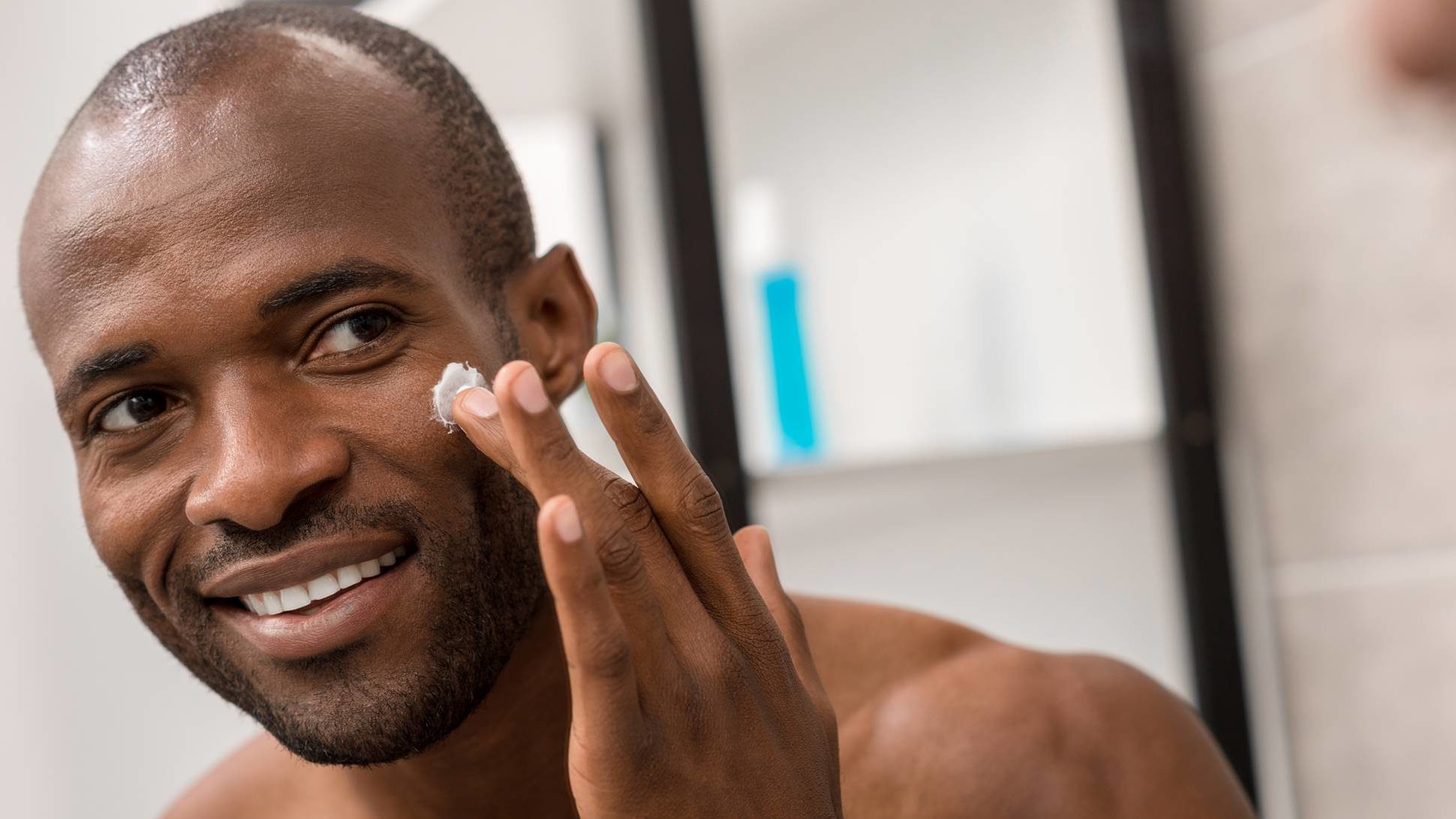
Air travel is the fastest way to get around, especially if you’re going great distances. However, the effects of air travel can wreak havoc on your skin.
[ad]
If you are a frequent flyer who travels around the globe, you may have experienced dehydration after a flight, you might have even noticed your hands and feet feel rough, and that even your nose and eyes are dry.
This happens because planes have low humidity, dry cabins and recycled air which can dehydrate your skin.
As a frequent flyer, you may experience the following skin problems:
DRYNESS
The humidity in aircraft cabins is low, usually less than 20% (humidity in the home is normally over 30%). The cold, dry, recirculated air on planes makes our skin become increasingly dry and dehydrated.
SUNBURN
Your skin is exposed to the sun while in the air. Moreover, airplane windows aren’t UV Proof and therefore, offer no sun protection.
OILINESS
When your skin becomes dry, it produces oil (sebum) to fight that dryness. Extreme oil production can cause acne. Pores
EYEBAGS
Long periods of travelling on long-haul flights can reduce blood flow and fluids can accumulate below your eyes, making the under–eye area appear puffy or swollen.
HOW DO YOU PREPARE YOUR SKIN BEFORE A FLIGHT?
- Exfoliation- exfoliate the night before your flight in order to remove dead skin cells. After exfoliating, you can use a hydrating mask or a night cream on your face.
- Use a serum- Serums deeply penetrate the skin, they’re a great way to repair and provide nutrition to your skin.
- Apply a moisturizer before you board. The more moisture your skin has, the more hydrated your skin will be. Use an oil-free moisturizer to counter sebum production.
- There are lots of germs in an airplane; therefore sanitation is a big must. Be sure to wipe down your seat with an antibacterial wipe and always keep your hand sanitizer close by. This will prevent passing any bacteria to your skin.
- Don’t skip the SPF- just because you are on an airplane, doesn’t mean you are protected from the harmful UV rays of the sun. Not using an SPF will definitely result in sunburns on your skin. To prevent sunburn from damaging your skin, apply a high SPF sunscreen before and throughout your flight, or alternatively, wear a moisturizer with SPF.
- To prevent eye bags, get up and walk around frequently, avoid salty foods and drink lots of water.
- Go minimal with your makeup. Going makeup-free on a plane is always good for your skin. It prevents oil and skin cells from clogging your pores which results in blemishes. If you must wear makeup, wear a tinted moisturizer instead of foundation and use a hydrating spray mist every hour on your face. Alternatively, you can always apply your makeup just before landing.
- Drink lots of water- this may sound cliché but the fact is your skin needs hydration and water in order to retain moisture. One way to achieve this by having your own reusable water bottle, by so doing, you can drink the required water measurement which your body needs.
- Don’t touch your face. Avoid touching your face on planes in order to prevent bacteria from the plane’s surfaces clogging your pores.
- Eat food with a rich source of Vitamin A. Vitamin A is essential for a healthy skin. Foods like carrot, milk, broccoli, spinach, and cheese are rich in Vitamin A.
- Avoid or reduce alcohol and caffeine drinks while travelling because they contribute to dehydration. A great alternative to this is to travel with some herbal tea and healthy snacks.
- Turn the Air conditioner fan away from your face. This will prevent your face and nose (sinuses) from drying out faster.
HOW SHOULD YOU TAKE CARE OF YOUR SKIN AFTER A FLIGHT?
- Do a thorough double-cleansing to immediately wash off the dirt and germs that landed on your skin mid-flight. This will unclog your pores and minimize the chances of getting dull-looking skin or breakouts.
- Apply a moisturizer or night cream to help hydrate and repair any damage to the skin barrier.
- Use a cold-compress to reduce puffy eyes or use an eye cream.
- Never skip your post-flight (or night time) routine no matter how tired or sleepy you are.
[ad unit=2]








